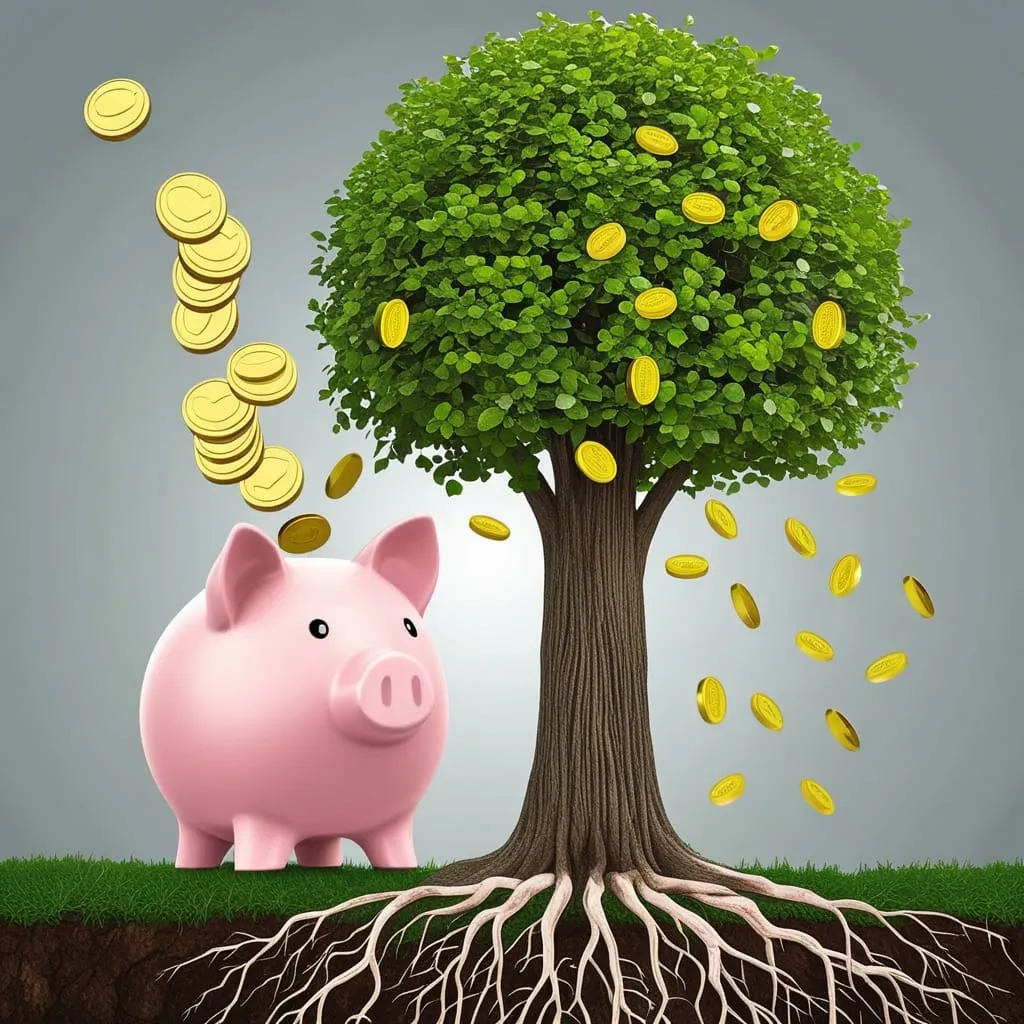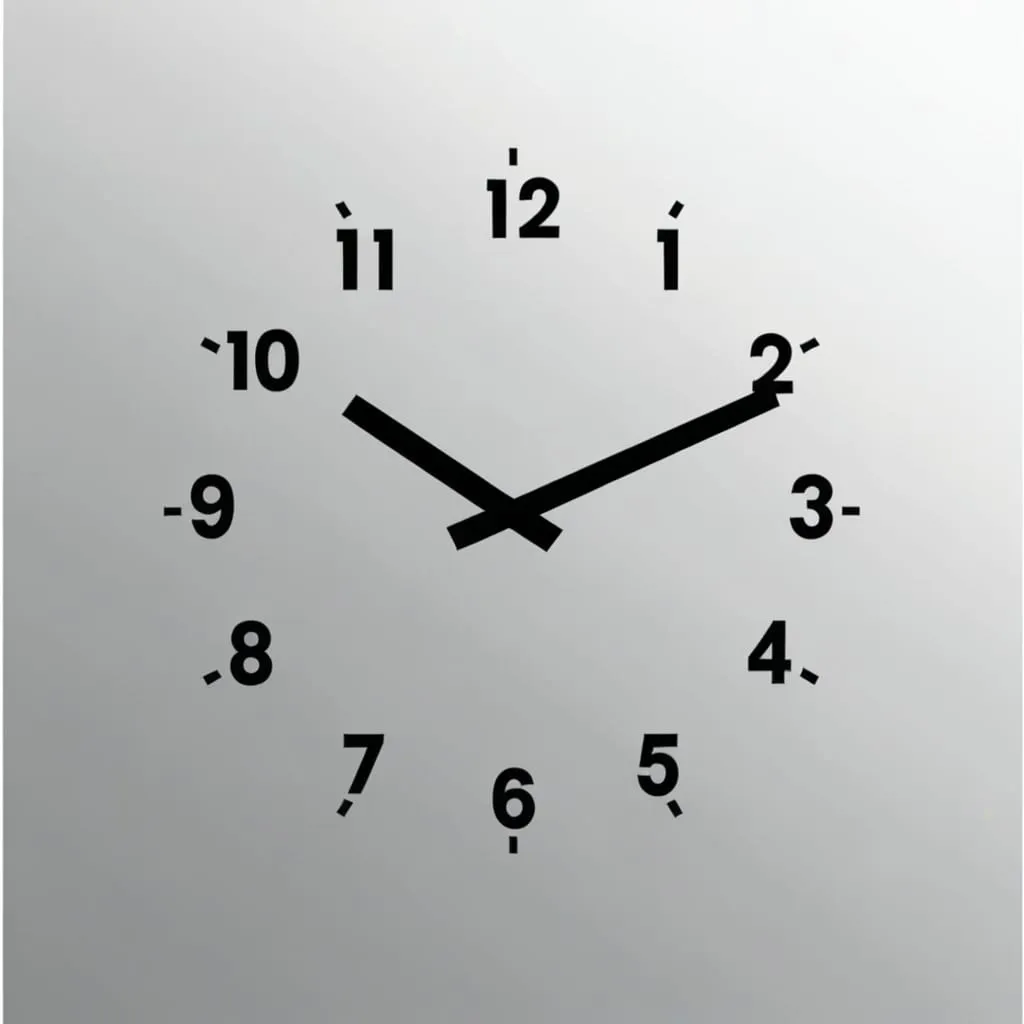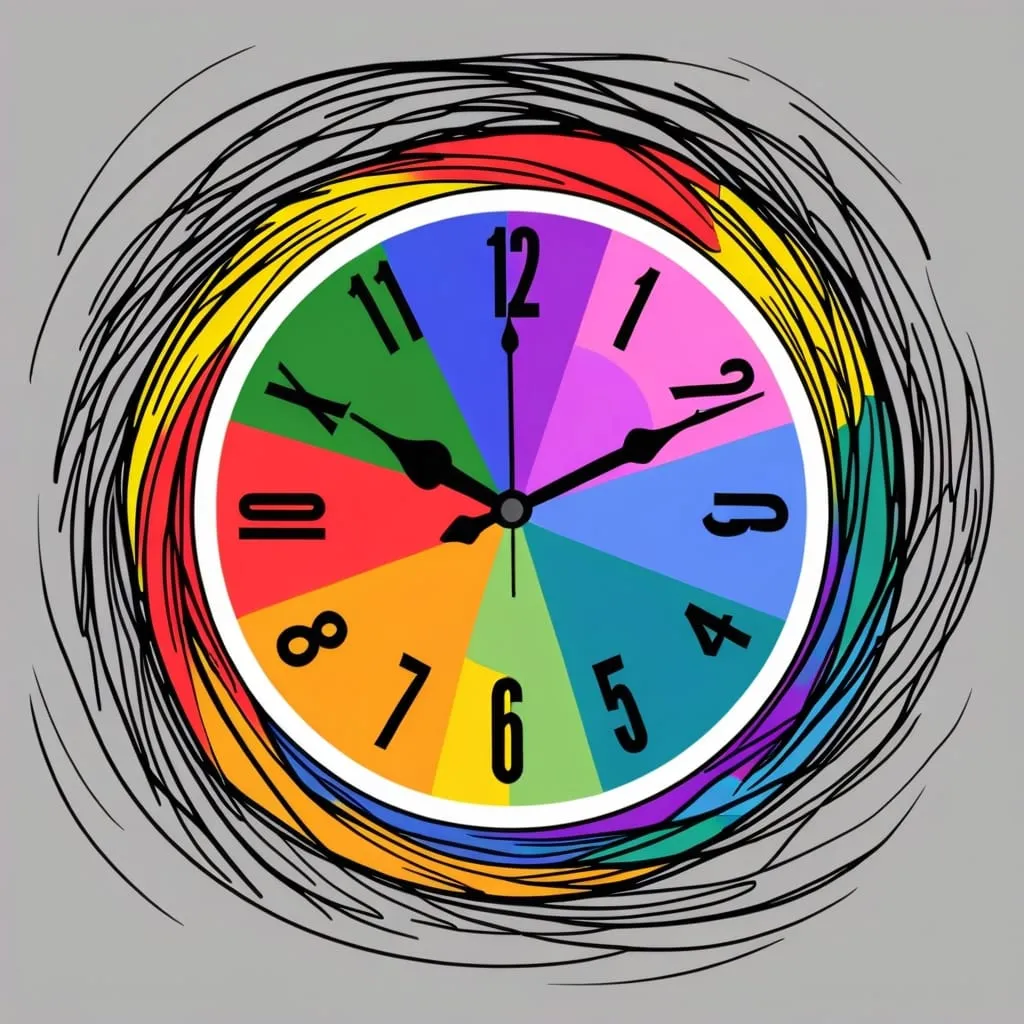Paying Yourself First: The Key to Financial Success
Ever wondered why some people seem to effortlessly build wealth while others struggle to make ends meet? The secret might be simpler than you think. It's called "paying yourself first," and it's a game-changer when it comes to managing your money.
So, what's the big deal about paying yourself first? Well, it's all about priorities. Instead of waiting to see what's left over after bills and expenses, you make saving a non-negotiable part of your budget. It's like giving your future self a paycheck before anyone else gets a piece of the pie.
Here's how it works in real life. Let's say you bring home $4,000 a month. Before you even think about bills or that new pair of shoes you've been eyeing, you set aside a chunk for savings. Maybe it's 20%, so that's $800 straight into your savings account. The rest? That's for bills, fun, and whatever else life throws your way.
Now, I know what you're thinking. "But I can barely cover my expenses as it is!" Trust me, I get it. Starting small is totally fine. Even if it's just 5% at first, that's better than nothing. The key is to make it a habit, like brushing your teeth or checking your phone first thing in the morning (we all do it, right?).
Setting up this system is easier than you might think. First, take a good hard look at your income and expenses. Be honest with yourself – that daily latte habit counts! Then, decide on a savings goal. Once you've got that figured out, automate it. Most banks let you set up automatic transfers, so you don't even have to think about it. Out of sight, out of mind, into your savings account.
One of the coolest things about paying yourself first is how it helps you build an emergency fund. Life has a funny way of throwing curveballs when we least expect it. Car repairs, surprise medical bills, or even losing a job – an emergency fund is like a financial safety net. Aim for three to six months of living expenses. It might seem like a lot, but trust me, future you will be grateful.
But why stop there? Once you've got your emergency fund sorted, you can start saving for all sorts of goals. Maybe you're dreaming of a down payment on a house, planning a epic vacation, or thinking about your kids' college fund. Whatever it is, paying yourself first can help you get there faster.
And let's not forget about the big one – retirement. It might seem far off, but the earlier you start, the better. Thanks to the magic of compound interest, even small amounts can grow into something substantial over time. Imagine retiring comfortably, all because you decided to pay yourself first way back when.
Now, I'll be real with you. Sticking to this habit isn't always easy. There will be times when you're tempted to skip a month or use that savings for something else. But here's a little trick: treat your savings like any other bill. You wouldn't skip paying your rent, right? Think of your savings the same way.
The beauty of paying yourself first is that it takes the guesswork out of saving. You're not scrambling at the end of the month to see what's left over. Instead, you're making your future financial health a priority. It's like eating your veggies before digging into dessert – not always fun in the moment, but so worth it in the long run.
And here's something cool – this mindset can spill over into other areas of your life. Maybe you start prioritizing your health by hitting the gym before work. Or you tackle your most important tasks first thing in the morning. It's all about putting the important stuff first.
Now, let's talk about the elephant in the room – debt. If you're dealing with high-interest debt, like credit cards, you might be wondering if you should focus on that instead of saving. It's a valid question, and the answer isn't always straightforward. In general, it's a good idea to at least build a small emergency fund while also tackling high-interest debt. Once you've got that under control, you can ramp up your savings efforts.
One thing that makes paying yourself first so powerful is the psychological effect it has. When you see your savings grow month after month, it's incredibly motivating. It's tangible proof that you're making progress towards your goals. And let's be honest, who doesn't love watching their bank balance go up?
But what if your income varies from month to month? Maybe you're freelancing or working in a commission-based job. The pay-yourself-first strategy can still work for you. Instead of a fixed amount, try saving a percentage of whatever you earn. This way, you're always saving something, even in leaner months.
Now, I'm not saying that paying yourself first is a magic bullet that will solve all your money problems overnight. It's not about getting rich quick or finding some secret loophole in the financial system. It's about consistently making smart choices with your money, day after day, month after month.
Think of it like planting a tree. When you first start, it might not look like much. But with time, care, and patience, it grows into something strong and sturdy. Your savings are the same way. Each contribution might seem small, but over time, they add up to something significant.
One of the best things about paying yourself first is how it can reduce financial stress. When you know you're consistently saving and working towards your goals, it takes a huge weight off your shoulders. You're not constantly worrying about unexpected expenses or feeling guilty about not saving enough.
And let's talk about flexibility for a second. Paying yourself first doesn't mean you can never touch your savings. Life happens, and sometimes you might need to dip into those funds. The key is to make it a conscious decision, not a habit. And when things improve, you can always ramp up your savings to make up for it.
So, how do you get started? Start by looking at your current financial situation. Where are you spending money? Where could you cut back? Even small changes can free up cash for savings. Maybe it's bringing lunch to work a few days a week or cancelling that streaming service you never use.
Remember, the goal isn't to deprive yourself. It's about making intentional choices with your money. You're choosing to prioritize your future financial health over immediate gratification. And trust me, future you will be so grateful.
As you get more comfortable with paying yourself first, you might want to explore different savings and investment options. High-yield savings accounts, CDs, index funds – there are lots of ways to make your money work harder for you. Just be sure to do your research and understand the risks involved.
At the end of the day, paying yourself first is about taking control of your financial future. It's about saying, "Hey, my goals and dreams matter, and I'm going to make sure I'm working towards them." It's a simple concept, but it can have a profound impact on your life.
So, why not give it a try? Start small if you need to. Set up that automatic transfer, even if it's just a few bucks at first. Watch your savings grow. Celebrate your progress. And most importantly, keep at it. Your future self will thank you.






